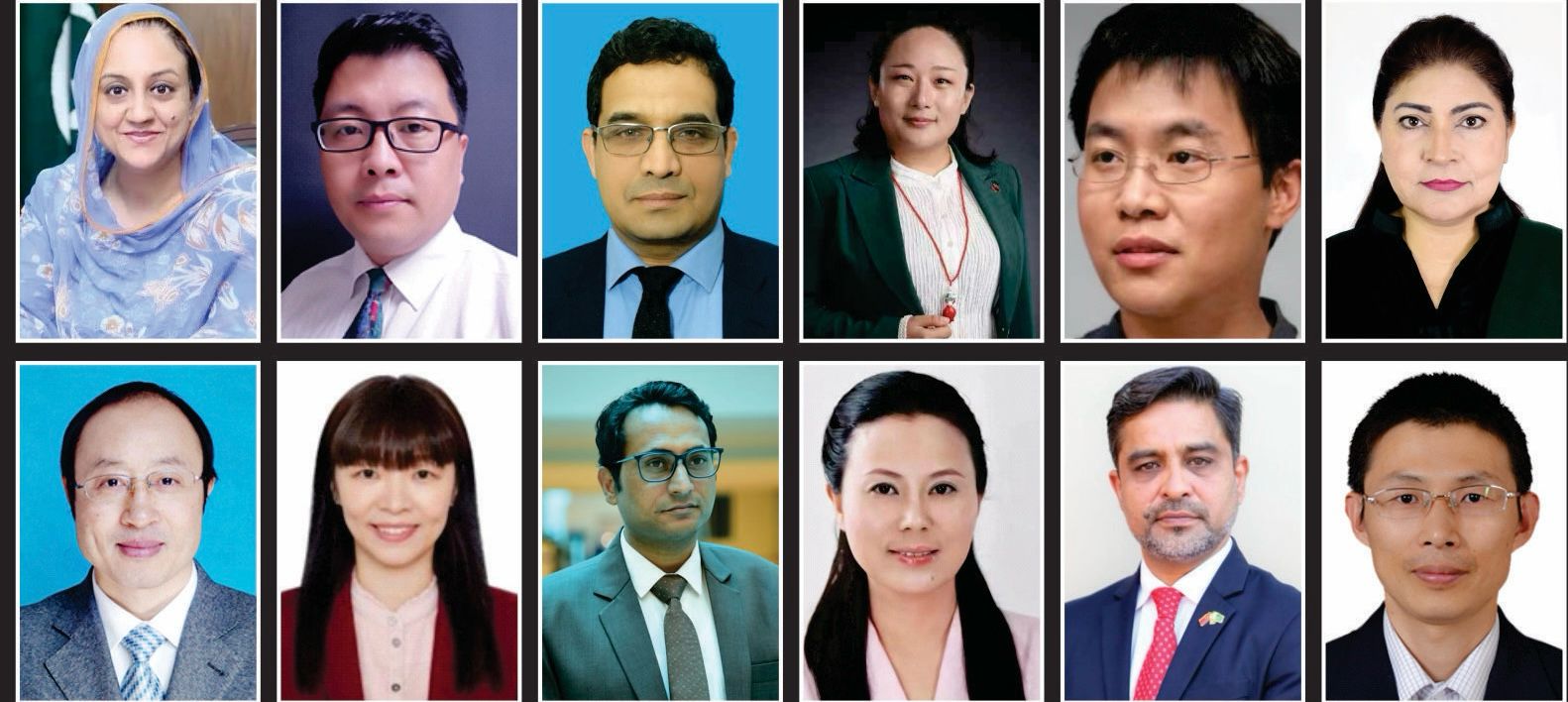(WNAM Report): CPEC has played a pivotal role in fostering a community for a shared future between China and Pakistan, significantly transforming Pakistan’s economic landscape and contributing to poverty reduction. The implementation of connectivity projects, particularly in farm-to-market initiatives, has brought revolutionary changes to agriculture and industrial development in Pakistan. Collaborative efforts in energy projects and advancements in digital technologies underscore the depth of cooperation between Pakistan and China.
While looking at the decade of CPEC’s impact, the global community must recognize its status as a game changer and a fate changer. Beyond offering peace and stability to a historically volatile region, CPEC demands international attention to consider this project not as a competitor to anyone but as a collaborator and cooperation initiative. These sentiments were echoed by speakers during the Webinar on A Decade of China-Pakistan Economic Corridor, organized by the Centre for BRI and China Studies, Institute of Peace and Diplomatic Studies, and Pakistan Research Center, Inner Mongolia Honder College of Arts and Sciences, China, in collaboration with the Alliance of China Pakistan Research Centres.
Dr. Farhat Asif, President of IPDS, emphasized the significance of the webinar, introducing the forthcoming book, “CPEC: A Decade of Transformation across Pakistan – Regional Impacts and Progress,” a collaborative effort of both institutes. Richer Tang Jun, Director of the Pakistan Research Center, offered insights into the book, focusing on the developmental strides made over the decade. Dr. Xiaqing Xie, Director of the CPEC Research Centre, highlighted the poverty reduction impacts of CPEC in Pakistan through energy projects.
Dr. Liaqat Ali Shah, Head of Policy, Centre of Excellence for CPEC, emphasized the role of academia and think tanks in formulating actionable policies. Prof. Dr. Sun Hongqi, Director of the Pakistan Center for Educational and Cultural Studies, Jiangsu Normal University, emphasized the close ties between China and Pakistan, drawing global attention to CPEC. Dr. Tahir Mumtaz, Director of the China Study Centre, stressed the importance of people-to-people exchange and scientific innovation. The webinar featured discussions on digital interconnectivity by Xiang Yang Scarlet, Director of China Study Centre, and the cultural bonding potential of aesthetic truck art by Prof. Jin Qiang, Deputy Director of OIC Research Centre.
Dr. Kauser Takrim, Director of the China Study Center at the University of Peshawar, highlighted CPEC’s regional impact. At the same time, Dr. Abdul Sattar, Director of China Study Centre, BUTTEMS, Balochistan, reflected on the achievements and challenges of CPEC. Zhao Zhiling, Assistant Director of the Pakistan Research Center of Baize Institute for Strategy Studies, and Dr. Zhang Jaiamei, Associate Professor at Peking University, emphasized the deep-rooted friendship and mutual benefit exemplified by CPEC.


